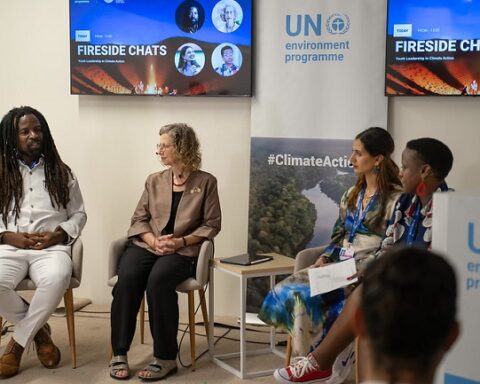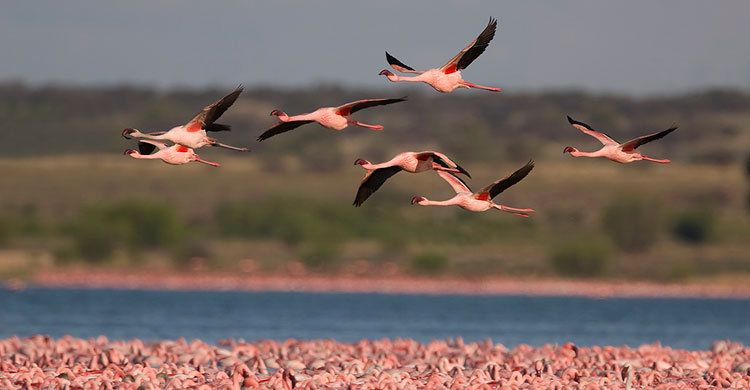Will COP28 be significantly different and, if so, how exactly? This is one question on the minds of many people – not only those who are at the center of the climate crisis. In a few weeks from now, over 70,000 participants are expected to converge on the Expo City, Dubai, in the United Arab Emirates (UAE) for the 28th Session of the Conference of the Parties (COP28) to the United Nations Framework Convention on Climate Change (UNFCCC).
What can world leaders, NGOs, private sector representatives, indigenous peoples, business leaders, and young people do differently between November 30 and December 12, 2023, to shape global climate action and make COP28 meaningful, at par with the urgency of the crisis?
These four considerations can give us the chance to make COP28 count.
- The outcomes of the first global stocktake (GST), the main mechanism through which progress under the Paris Agreement is assessed, revealed clearly that the world is not on track to meet the agreement’s goals. This is confirmed by temperature records being repeatedly broken and climate impacts reflected in unprecedented wildfires, floods, storms, and droughts worldwide. COP28 will be a decisive moment for international climate action to grow stronger and for the world to get back on track. As Simon Steill, the UN Climate Change Executive Secretary puts it, “COP28 is our chance to make a dramatic course correction. Let’s seize that chance.”
- What progress has been made after COP27’s historic loss and damage finance mechanism? Getting developing countries to take a united position on how loss and damage funds should be structured and eventually persuading developed countries to shift their stance has been described and celebrated as one of the biggest successes of COP27 in Egypt. COP28 is when all parties would evaluate if indeed that was a historical move and how vulnerable small island, and low-lying coastal developing countries are compensated for loss and damage.
- A time to begin a countdown for the “inevitable” and “essential” phasedown (intended as a phaseout) of fossil fuels. Hanging in the air since COP26 is the discussion about phasing out fossil fuels, innovating to scale up renewable energy, and improving energy efficiency. Will COP28 be the time when we can begin to countdown to fossil fuel phasedown or phaseout?
- Of the approximately 70,000 people expected to participate in the conference, the question of representation – those to lead discussions, influence decisions, and determine outcomes can infer if COP28 will be different from previous gatherings. In previous years, the trend of underrepresentation or misrepresentation has been sung like a chorus by women, youth groups, the global south, indigenous people, and others at the center of the climate crisis. Will the right mix of people be at the table? Will the delegation portray and capture the voices and uniqueness of the most affected? Or will it be a pool of familiar faces and old comrades?
By ‘Seyifunmi Adebote








